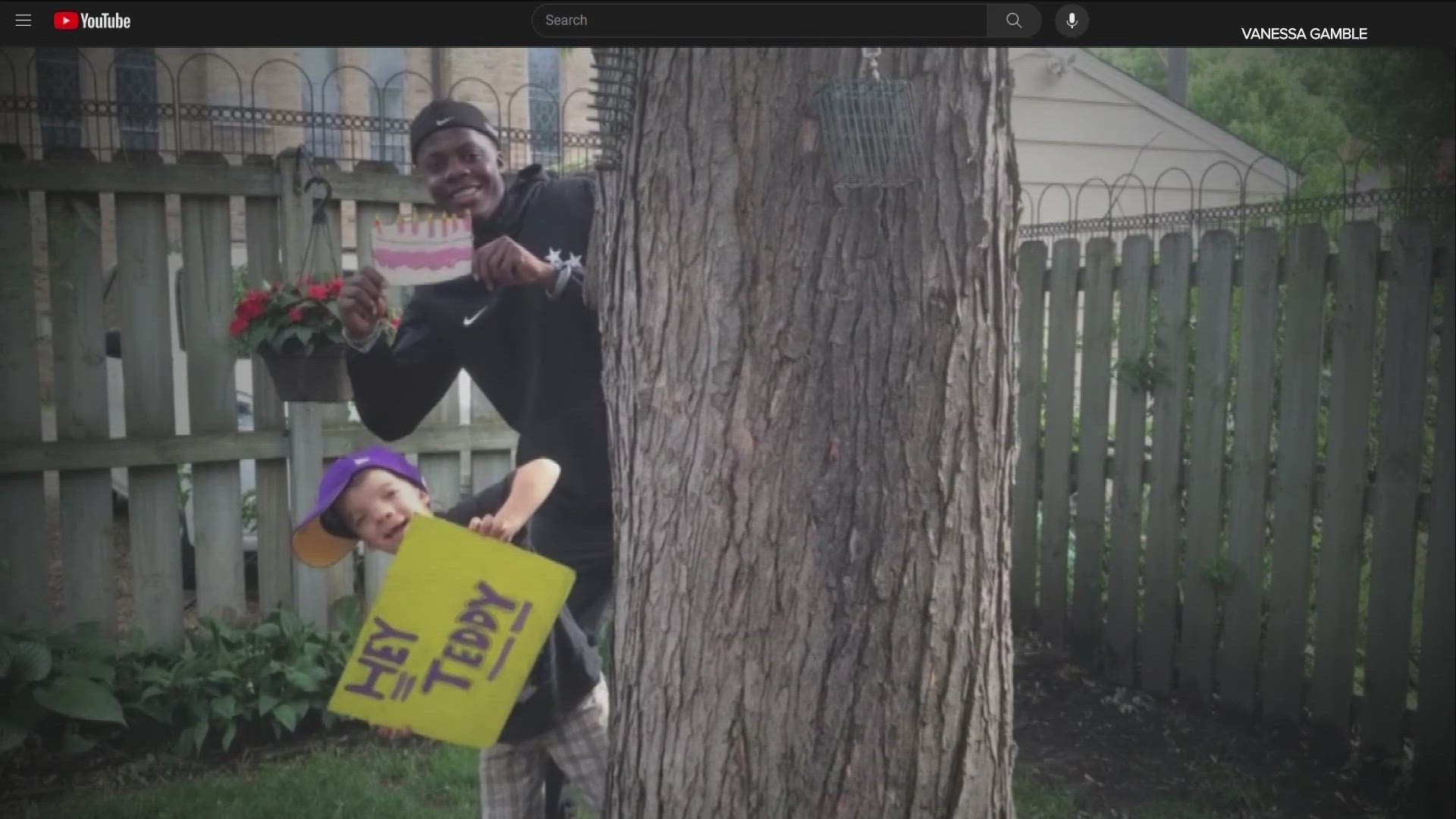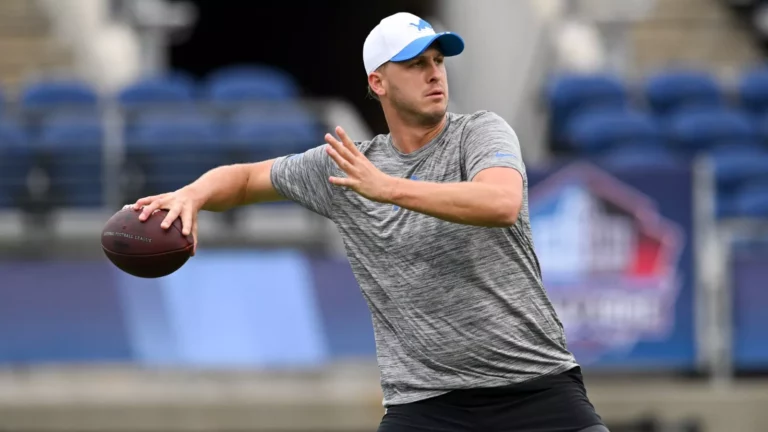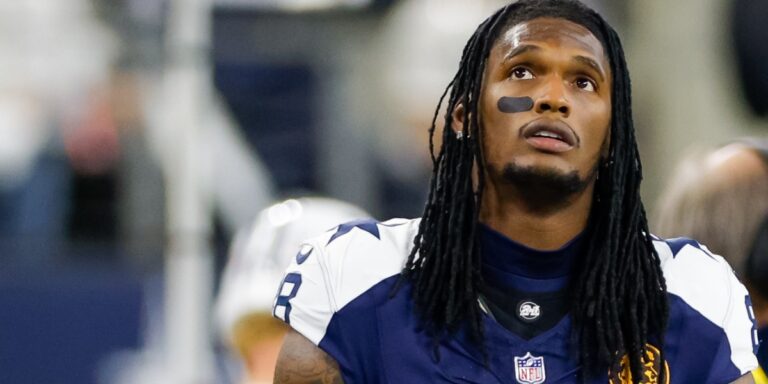
Bridgewater Powers Alma Mater to Triumphant Florida Title, Exposing the Complexities of College Athletics
Bridgewater College’s football team, propelled by the extraordinary performance of its quarterback, Davionne Hayes, a former standout player for the University of Florida, recently clinched the Division III national championship, becoming the first HBCU to achieve this feat in over two decades. The triumph has sparked widespread jubilation but also sparked a critical examination of the complexities within modern college athletics.
Bridgewater’s Triumph: A Historical Milestone
Bridgewater’s victory represents a significant milestone for both the institution and HBCUs as a whole. It is a testament to the athletic prowess and resilience of HBCU student-athletes, particularly in light of historical challenges faced by these institutions. However, it also raises questions about the ongoing disparities in resources and opportunities prevalent in college athletics.
The Role of Transfer Portals and Player Agency
Davionne Hayes’s decision to transfer from Florida to Bridgewater highlights the growing prominence of transfer portals in college athletics. This system allows players greater freedom to move between institutions, theoretically increasing their chances of playing time and pursuing their desired career paths. While this can benefit players like Hayes, it also raises concerns over the potential for player instability and the erosion of team continuity.
The Impact on HBCUs and Minority Representation
Bridgewater’s title win provides a powerful example of the potential for HBCUs to achieve greatness in collegiate athletics. However, it also underscores the systemic challenges faced by these institutions. HBCUs often lack the same level of funding, facilities, and coaching resources as predominantly White institutions, which can limit their ability to recruit and retain top talent.
The Challenges of Student-Athlete Compensation
The issue of fair compensation for student-athletes continues to cast a shadow over college athletics. While the NCAA recently permitted the monetization of name, image, and likeness (NIL) rights, there remains ongoing debate over the need for more comprehensive compensation models, including salaries or stipends. The disparity in NIL opportunities between athletes at large universities and those at smaller institutions further exacerbates concerns about equity.
Balancing Education and Athletics
The pursuit of athletic success in college must always be tempered by a commitment to academic achievement. Bridgewater’s triumph is a reminder that the primary purpose of higher education is to prepare students for a future beyond sports. Institutions must strike a delicate balance between providing athletes with the support and resources they need to excel both on and off the field.
Conclusion: A Call for Systemwide Examination
Bridgewater College’s historic title win is a testament to the talent and determination that exists within HBCUs. However, it also serves as a catalyst for a broader conversation about the complexities of modern college athletics. The issues of transfer portals, player compensation, HBCU representation, and education equity warrant continued examination and potential reforms. Only by addressing these challenges can we create a more just and equitable system that truly serves the best interests of student-athletes and promotes the overall well-being of the institutions they represent.




